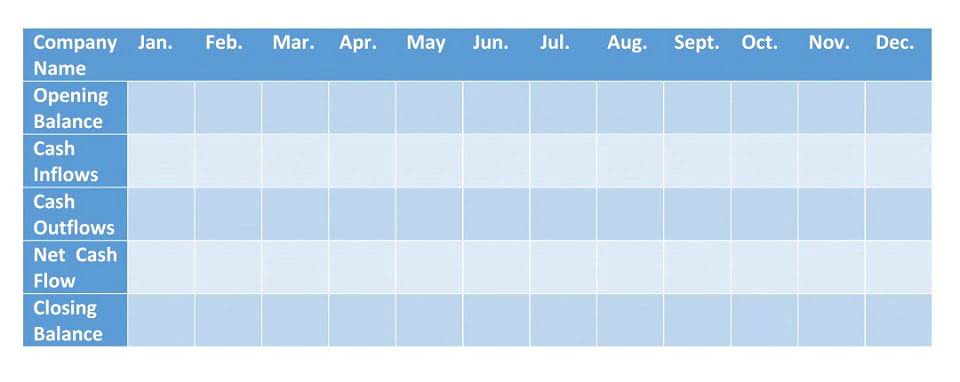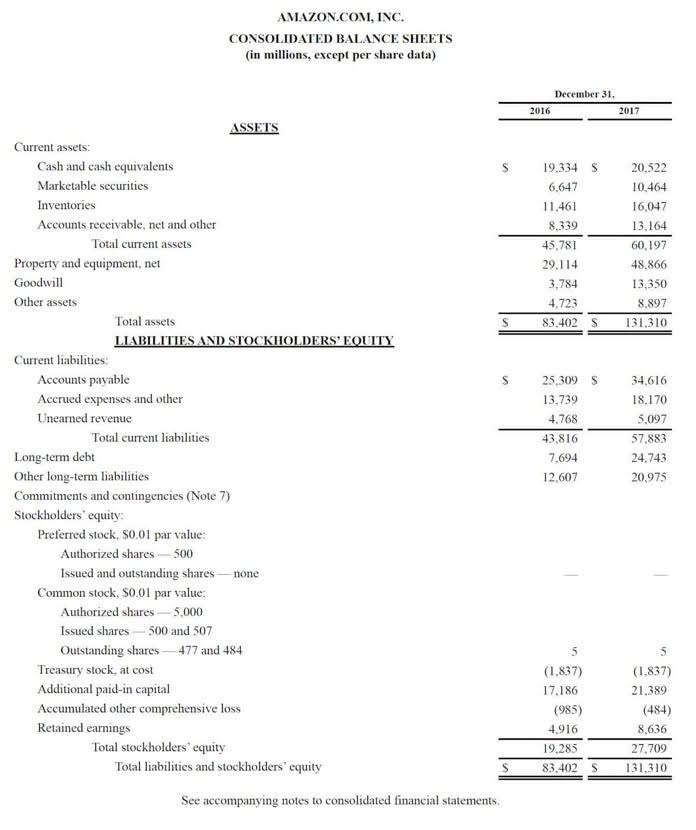Your cart is currently empty!
What Is Accounting? Definition, Objectives, Advantages, Limitation, Process

As such, accountants make strong salaries and work in a variety of industries. When the client pays the invoice, the accountant credits accounts receivables and debits cash. Double-entry accounting is also called balancing the books, as all of the accounting entries are balanced against each other. If the entries aren’t balanced, the accountant knows there must be a mistake somewhere in the general ledger. It is very important, for accuracy of accounting, to keep accurate records of all accounts payable and accounts receivable, and to match payments on account with their relevant invoices as soon as can be done so.
Who Sets Accounting Principles and Standards?
When a customer owes you money, it appears as Accounts Receivable (AR) on your balance sheet, which is generated automatically by your accounting software or manually by you or your accountant. For instance, suppose you want to apply for a Small Business Association (SBA) loan through one of the big banks. You’ll need to provide, on average, three years of financial statements, plus a one-year cash flow projection. It’s virtually impossible to deliver any of these if you don’t have an accounting system in place. Keeping up with your accounting helps you stay on top of your business finances. That information is essential to assess how quickly your business is developing and guide future decision making.
Financial Accounting vs. Managerial Accounting
- For example, imagine a company receives a $1,000 payment for a consulting job to be completed next month.
- International public companies also frequently report financial statements in accordance with International Financial Reporting Standards (IFRS).
- However, modern accounting as a profession has only been around since the early 19th century.
- Accrual accounting recognizes the impact of a transaction over a period of time.
Accounting is a term that describes the process of consolidating financial information to make it clear and understandable for all stakeholders and shareholders. The main goal of accounting is to record and report a company’s financial transactions, financial performance, and cash flows. To illustrate double-entry accounting, imagine a business sending an invoice to one of its clients. An accountant using the double-entry method records a debit to accounts receivables, which flows through to the balance sheet, and a credit to sales revenue, which flows through to the income statement. The most notable principles include the revenue recognition principle, matching principle, materiality principle, and consistency principle.

Tax accounting
- Aside from handling taxes and compliance issues, they can help you optimize budgets, spot opportunities to save, and even apply for business loans.
- Accounting is the recording of financial transactions along with storing, sorting, retrieving, summarizing, and presenting the results in various reports and analyses.
- Customers may also have either short-term or long-term interest in the reporting entity or long-term interest in the reporting entity and they may be satisfied with the profitability, liquidity and solvency position.
- The customer makes a $10,000 payment to the vendor with no reference attributed to an individual invoice.
- QuickBooks Online’s simple setup and straightforward dashboard make it a great first software option for brand-new business owners.
Source documents include cash memo, purchase invoices, sales invoices, property transfer papers and written agreements, etc. Unfortunately, no objectively verifiable method has been developed for universal application. The simple things we do and encounter everyday can actually be related to some level of accounting. You make budgets, count change and check the receipts from the supermarket. You may also have listed things you spent your money on at one point in your life. Though I am not a fan of technical definitions, studying the statement above will give us a better understanding of accounting.
Outsourced accounting firms
The Government is interested in the financial statements of business enterprise on account of taxation, labour and corporate laws. Business transactions are properly recorded, classified under appropriate accounts and summarized into financial statement. The double entry system is based on scientific principles and is, therefore, used by accounting meaning most of business houses. The system recognizes the fact that every transaction has two aspects and records both aspects of each and every transaction. Creative accounting is nothing but the manipulation of the operating results and financial position of the company, of course, within the confines (limits) of the accounting standards.

The role of an accountant is to responsibly report and interpret financial records. Investors, lenders, and other creditors are the primary external users of accounting information. Investors may be deciding to buy shares in the company, while lenders need to analyze their risk in deciding to lend.


